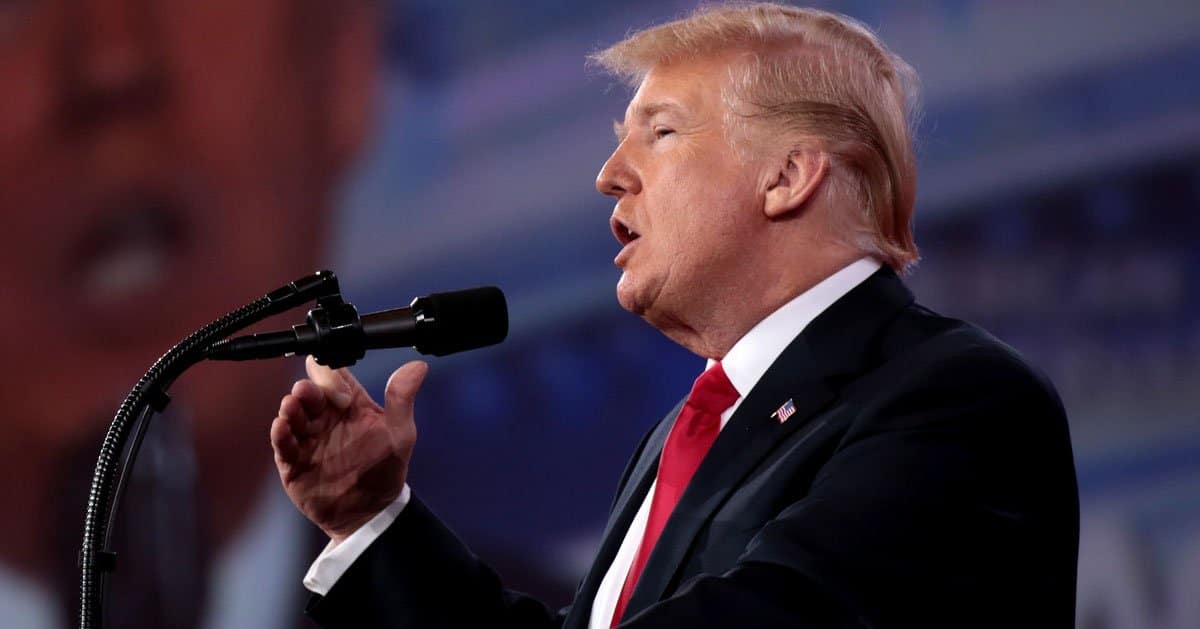






The U.S. Supreme Court has decided not to review a previously accepted case against tech giant NVIDIA, letting a shareholder lawsuit continue in the lower courts.
Engadget reported that the high court's refusal to hear the case centers on allegations that NVIDIA misled investors about its reliance on the volatile cryptocurrency mining sector.
Originally, the Supreme Court had agreed to hear NVIDIA's appeal but reversed this decision, citing the improvidence of their initial acceptance.
The case dismissal allows ongoing litigation initiated by shareholders, including an investment firm and a pension fund, to proceed without Supreme Court intervention.
Shareholders allege that NVIDIA was not forthright about how much its growth depended on cryptocurrency mining, which became particularly relevant before a significant market crash in 2018. This crash drastically affected NVIDIA's stock prices, highlighting the risks associated with the industry.
In contrast to the company's troubled legal situation, the cryptocurrency market has seen a resurgence, with Bitcoin notably crossing the $100,000 mark for the first time ever.
The Supreme Court's unanimous decision to let the lower court's proceedings continue was grounded in their reluctance to delve into the technical intricacies of the case. The official dismissal was phrased as “The writ of certiorari is dismissed as improvidently granted,” a legal statement indicating regret over their initial decision to take up the case.
During the November hearings, indications that the justices were leaning towards dismissal became apparent.
Reports from reputable sources like The Washington Post and The New York Times documented the justices' frustrations, showing a consensus across ideological lines.
Justice Elena Kagan remarked on the complexity of the case and the court’s limitations, stating, “It becomes less and less clear why we took this case … and … why you should win it.” Her concerns were echoed by Justice Samuel Alito who referred to the subject matter as “highly technical.”
Kagan further emphasized the court's discomfort with the technical analysis required, saying, “It just seems to me that you’re asking us to engage in a kind of analysis that we are not very good at and weren’t expecting to when we took this case.”
This decision may reflect a broader trend where the Supreme Court is hesitant to engage in complex technical discussions, especially those with significant legal and ethical implications surrounding technology and artificial intelligence.
The dismissal also sets a precedent that may affect how similar cases, particularly those involving technical and specialized industries like AI and crypto, are handled in the future.
With the Supreme Court's decision, the focus now shifts back to the lower courts where NVIDIA will continue to face allegations from its shareholders.
The outcome of these proceedings will likely be closely monitored by investors and the tech industry, given the potential implications for corporate transparency and investor relations.
As the legal battles continue, the tech community and investors alike are reminded of the intricate interplay between technology, law, and market dynamics that NVIDIA's case represents.

